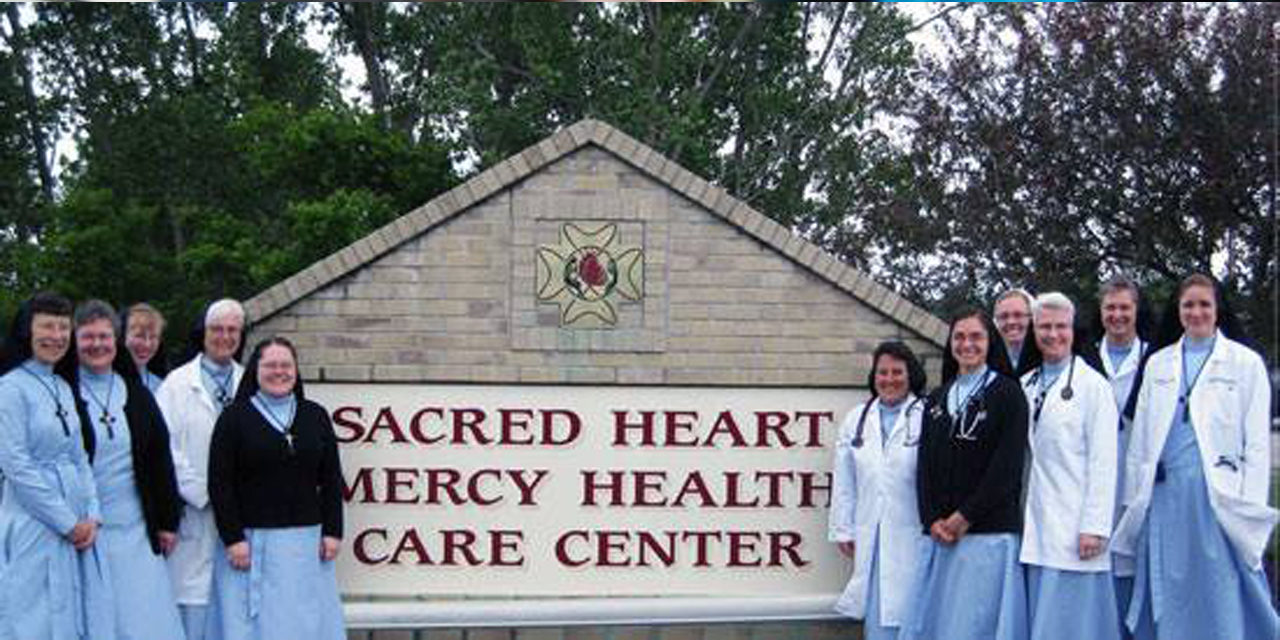A U.S. District Court struck down a “transgender mandate” from the Department of Health and Human Services (HHS) that would have forced health care providers to offer puberty blockers, hormones and surgeries to patients who believe they are the opposite sex – even if it violated a health provider’s medical and religious beliefs.
The court ruling, in Sisters of Mercy v. Azar, was the second time a court had struck down the HHS mandate as a violation of sincerely held religious beliefs. Luke Goodrich, a senior counsel and vice president with Becket, tweeted, “Today’s ruling protects patients, aligns with current medical research, and ensures doctors aren’t forced to violate their religious beliefs and medical judgment.”
The ruling dealt with Section 1557 of the Affordable Care Act which prohibited “discrimination in health care on the basis of race, color, national origin, sex, age, or disability.” In 2016, HHS redefined “sex,” in this section “to cover, among other things, discrimination on the basis of sex stereotyping, gender identity, and termination of pregnancy.”
Gender identity was defined by HHS as “one’s internal sense of gender, which may be male, female, neither, or a combination of male and female. and which may be different from an individual’s sex assigned at birth.”
According to The Becket Fund for Religious Liberty, this redefinition, which they call the “transgender mandate” required all health care professionals and hospitals to offer puberty blockers, opposite sex hormones and surgeries to gender-confused individuals – even children. The rule also “required virtually all private insurance companies and many employers to cover gender reassignment therapy or face severe penalties and legal action.”
The only health insurance plans exempted were those run by HHS, Medicare and Medicaid. Becket gave several reasons for the exclusion: Such treatment is dangerous and risky; most children with gender confusion will grow to embrace their bodily reality; and there is no real evidence that transgender surgeries improve health outcomes.
The group says, “Research shows that not only are there significant risks with gender reassignment therapy – especially in childhood – such as heart conditions, increased cancer risk, and loss of bone density, but studies [of] children with gender dysphoria found that fewer than 1-in-4 children referred for gender dysphoria continued to experience that condition into adulthood.”
Becket also cites an HHS “Proposed Decision Memo for Gender Dysphoria and Gender Reassignment Surgery” which concluded, “Based on a thorough review of the clinical evidence available at this time, there is not enough evidence to determine whether gender reassignment surgery improves health outcomes for Medicare beneficiaries with gender dysphoria.” The department that was forcing others to perform these procedures, wouldn’t pay for them through its own programs.
After HHS redefined “sex” in Section 1557, Becket, nine states, other religious organizations, and an association of more than 19,000 health care professionals, filed suit. In 2016, a Texas District Court ruled in that case, Franciscan v. Burwell, prohibiting the enforcement of the transgender mandate. The case was appealed, now under the name Franciscan v. Azar, and in 2019, the U.S. Federal District Court for the Northern District of Texas upheld the ruling. The case is on appeal to the U.S. Court of Appeals for the Fifth Circuit.
Becket also filed this second case on behalf of “the Religious Sisters of Mercy, an order of Catholic religious sisters who devote themselves to works of mercy primarily in the fields of education and health care, and who serve in healthcare centers.” Other plaintiffs included the state of North Dakota, the University of Mary and SMP Health System, a non-profit hospital system founded by nuns in North Dakota.
Goodrich wrote, “The plaintiffs are religious doctors, hospitals, and clinics who joyfully serve ALL patients regardless of sex or gender identity. They routinely provide top-notch care to transgender patients for everything from cancer to the common cold.” He added, “They also provide millions of dollars in free and low-cost care to the elderly, poor, and underserved rural areas.”
While these suits worked their way through the courts, the Trump administration changed the agency’s interpretation of Section 1557, returning to “the plain meaning of the word “sex” as male or female and as determined by biology.”
President Joe Biden’s campaign website said that he will work to “guarantee the Affordable Care Act’s nondiscrimination protections for the LGBTQ+ community,” saying the Trump policy allowed “health care providers and insurance companies to discriminate based on a patient’s gender identity.” Look for a return to the Obama Administration rules and more lawsuits fighting for freedom of religion and conscience protections in health care.
Photo from Facebook






